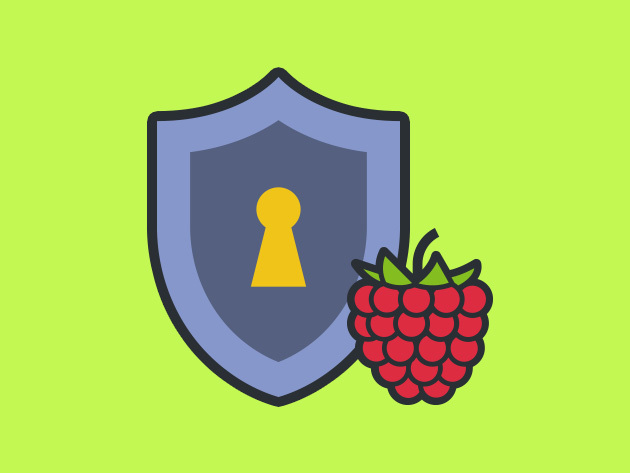The Complete Raspberry Pi 2 Training Bundle
3347 Enrolled
21 Hours
Deal Price$19.00
Suggested Price
$214.00
You save 91%
🔥 1,000+ Sold! Selling Fast
24 Lessons (3h)
- Introduction
- Bypassing Wireless LAN Authentication
DescriptionInstructorImportant DetailsReviewsRelated Products
Start Learning, Coding & Creating Projects with This Tiny Computer After 21 Hours of Education
CG
Cristian GradosteanuAs a software developer, Cristian Gradisteanu is responsible for the development of management software products produced by his company. His areas of expertise include programming languages like Java, Objective-C, C#, C++, PHP, Ruby and system administration. He is very passionate about teaching everyday people topics that they are interested in, and feels that in order to keep up with the latest technology trends, your leaning process should be a continuous one. For more details on this course and instructor, click here. This course is hosted by StackSkills, the premier eLearning destination for discovering top-shelf courses on everything from coding—to business—to fitness, and beyond!Terms
- Unredeemed licenses can be returned for store credit within 30 days of purchase. Once your license is redeemed, all sales are final.
1 Review
4/ 5
All reviews are from verified purchasers collected after purchase.
BM
Ben Martin
Verified Buyer
I'm excited to learn Raspberry Pi 2 and everything you can do with it and it's mini machines! I've been very curious about this whole thing since I seen a Raspberry Pi machine kit for sale, and then I started to see the courses on NullByteShop for sale and I figured I might as well add it to my courses I'm already enrolled in and see if I can use it for anything that I'm already learning.
Mar 23, 2021
Your Cart
Your cart is empty. Continue Shopping!
Processing order...


